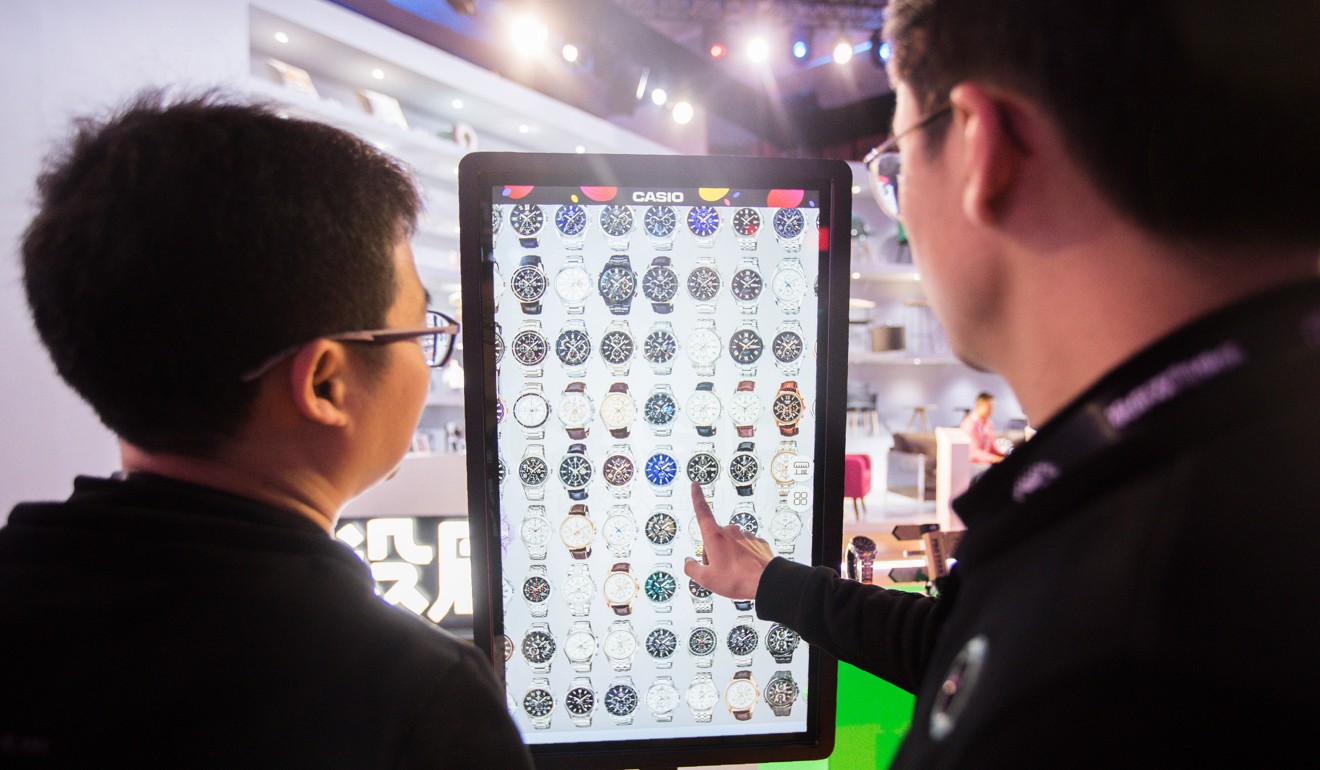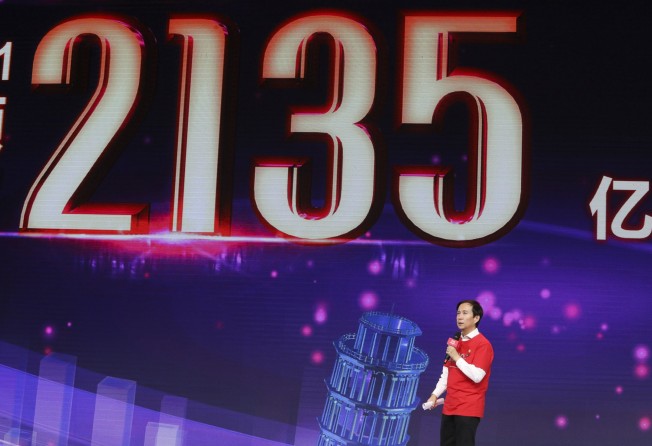
Alibaba sets sight on attracting 500 million customers around the world to shop online on 2019 Singles’ Day this November 11
- The company is hoping to attract an additional 100 million consumers based on its analysis of data and consumer behaviour, but declines to provide targeted sales value
- More than 200,000 brands will be taking part in the shopping extravaganza and over 1 million new products will be on sale

Alibaba Group Holding is expecting an additional 100 million consumers to shop on its Tmall and Taobao online platforms but declined to provide targeted sales value for the Singles’ Day shopping festival on November 11.
The e-commerce giant said on Monday that based on its analysis of data and consumer behaviour, the number of participants is likely to top 500 million during the world’s largest single-day shopping event. Dubbed as China’s Black Friday, it is a bellwether of consumer demand in the world’s most populous country.
“We are no longer chasing bigger gross merchandise value (GMV),” said Jiang Fan, president of Taobao and Tmall, during a press conference in Shanghai. “We hope this year’s festival will generate social value by attracting more participants.”
He added that Alibaba, owner of the South China Morning Post, aimed to stimulate consumption demand and support lifestyle upgrade through new brands and products.

Beijing has been striving to spur consumer spending to drive the slowing economy since the US-China trade war began 15 months ago.
In the first half of this year, retail sales were the biggest contributor to the country’s economic expansion, accounting for 60 per cent of the growth.
China, the world’s second-largest economy, reported its gross domestic product expanded 6 per cent in the third quarter, with the growth coming in at the bottom of Beijing’s target range of 6.0 to 6.5 per cent for 2019.
In the face of weaker sales of big-ticket items such as cars, it is important for Beijing to boost purchases of fast-moving consumer goods by the mainland’s rising middle class, who are willing to increase spending on food, cosmetics and clothes as living standards improve.
Alibaba started the Singles’ Day shopping festival in 2009 completing transactions worth 52 million yuan (US$7.36 million). The GMV last year was valued at 213.5 billion yuan, rising 27 per cent from 2017.
The shopping event taps a global supply chain to meet the rising demand of Chinese consumers. More than 200,000 brands will be participating and over 1 million new products will be on sale.
“It is difficult to seek a strong sales growth due to the high-base effect,” said Eric Han, senior manager with business advisory firm Shanghai Suolei. “If it can really draw 100 million first-time participants in the shopping event, it will help drive further consumption growth as some of the new shoppers, after getting used to buying goods via mobile phones, will increase spending in future.”
Singles’ Day got its name from its date, November 11. Written numerically as 11/11, the date looks like “bare branches”, a Chinese expression for the single and unattached.
For more insights into China tech, sign up for our tech newsletters, subscribe to our Inside China Tech podcast, and download the comprehensive 2019 China Internet Report. Also roam China Tech City, an award-winning interactive digital map at our sister site Abacus.